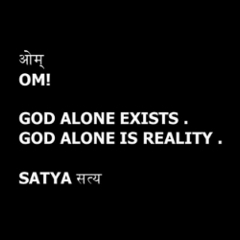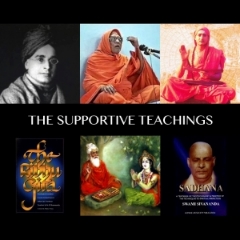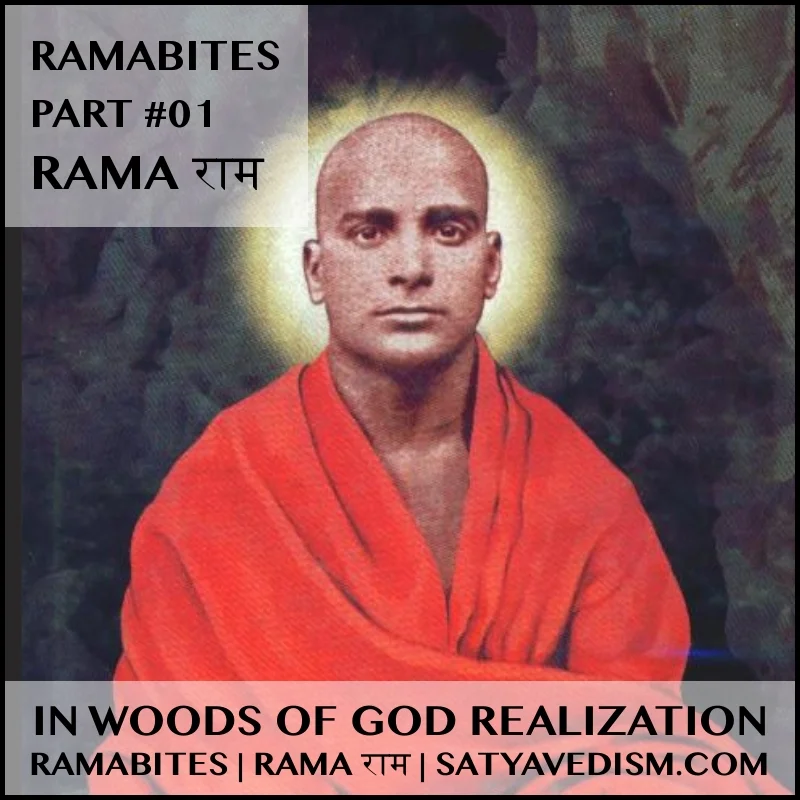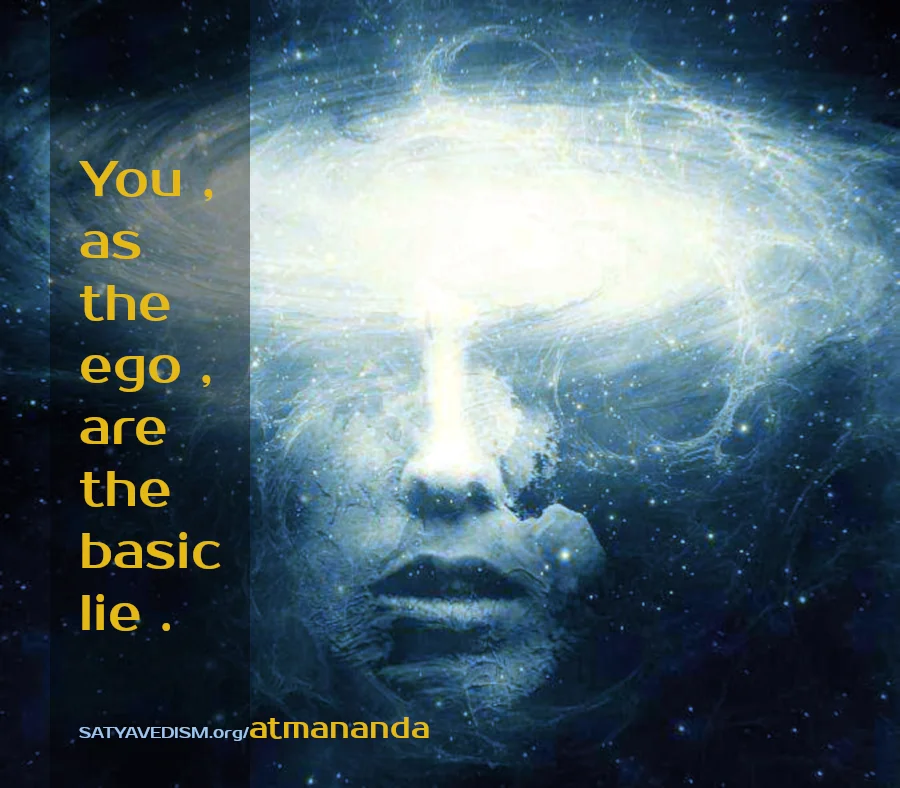YVM | SELECT | V2.1 | B3 | CH LXXXXVI PT2
| | homeYOGA VASISHTHA | MITRA | VOL 2.1 | BOOK III | CH LXXXXVI
|| VERSE 21 | INQUIRY INTO THE NATURE OF MIND ||
The mind is identified with acts , done by the exercise of a power immanent in itself as the agent ; and the result of the actions , whether physical or psychological , recurs to the mind in their effects .
YOGA VASISHTHA | MITRA | VOL 2.1 | BOOK III | CH LXXXXVI
|| VERSE 22 | INQUIRY INTO THE NATURE OF MIND ||
The mind is termed fancy for its holding fast on fleeting phantasies by letting loose its solid and certain truths .
It is also the imagination , for giving various images or to the objects of its desire — ihita Kalpana . It is called Kakataliya Sanyoga or accidental assemblage of fancied objects .
It is defined as the agglutinative and associative power to collect materials for imagination which builds up on them .
YOGA VASISHTHA | MITRA | VOL 2.1 | BOOK III | CH LXXXXVI
|| VERSE 23 | INQUIRY INTO THE NATURE OF MIND ||
The Memory or retention is that power of the mind , which retains an image whether known or unknown before , as if it were a certainty known already ; and when it is attended with the effort of recalling it to the mind , it is termed as remembrance or recollection .
YOGA VASISHTHA | MITRA | VOL 2.1 | BOOK III | CH LXXXXVI
|| VERSE 24 | INQUIRY INTO THE NATURE OF MIND ||
The appetence which resides in the region of the mind , for possession of the objects of past enjoyment ; as also the efforts of the mind for attainment of other things , are called its desires .
YOGA VASISHTHA | MITRA | VOL 2.1 | BOOK III | CH LXXXXVI
|| VERSE 25 | INQUIRY INTO THE NATURE OF MIND ||
When the mind's clear sight of the light of the Self , is obscured by the shadow of other gross things , which appear to be real instead of the true spiritual , it is called ignorance ; and is another name of the deluded understanding .
YOGA VASISHTHA | MITRA | VOL 2.1 | BOOK III | CH LXXXXVI
|| VERSE 26 | INQUIRY INTO THE NATURE OF MIND ||
The next is doubt , which entraps the dubious mind in the snare of skepticism , and tends to be destructive , by causing disbelief and forgetting of the Supreme Spirit .
YOGA VASISHTHA | MITRA | VOL 2.1 | BOOK III | CH LXXXXVI
|| VERSE 27 | INQUIRY INTO THE NATURE OF MIND ||
The mind is called sensation , because all its actions of hearing and feeling , of seeing and smelling , thinking and enjoying , serve to delight the senses , which convey the impressions back to the mind .
YOGA VASISHTHA | MITRA | VOL 2.1 | BOOK III | CH LXXXXVI
|| VERSE 31 | INQUIRY INTO THE NATURE OF MIND ||
The intellect ( chit ) being bewildered in its view of the intellectual world ( chetyas ) , manifests itself in the form of the mind , and becomes the subject of the various functions which are attributed to it .
YOGA VASISHTHA | MITRA | VOL 2.1 | BOOK III | CH LXXXXVI
|| VERSE 32 | INQUIRY INTO THE NATURE OF MIND ||
Being changed into the category of the mind , the intellect loses its original state of purity , and becomes subject to a hundred desires of its own making .
YOGA VASISHTHA | MITRA | VOL 2.1 | BOOK III | CH LXXXXVI
|| VERSE 33 | INQUIRY INTO THE NATURE OF MIND ||
Its abstract knowledge of general truths being shadowed by its percipience of concrete and particular gross bodies , it comes to the knowledge of numbers and parts , and is overwhelmed by the multiplicity of its thoughts and the objects of its desires .
SOURCE | SATYAVEDISM.ORG



































































































